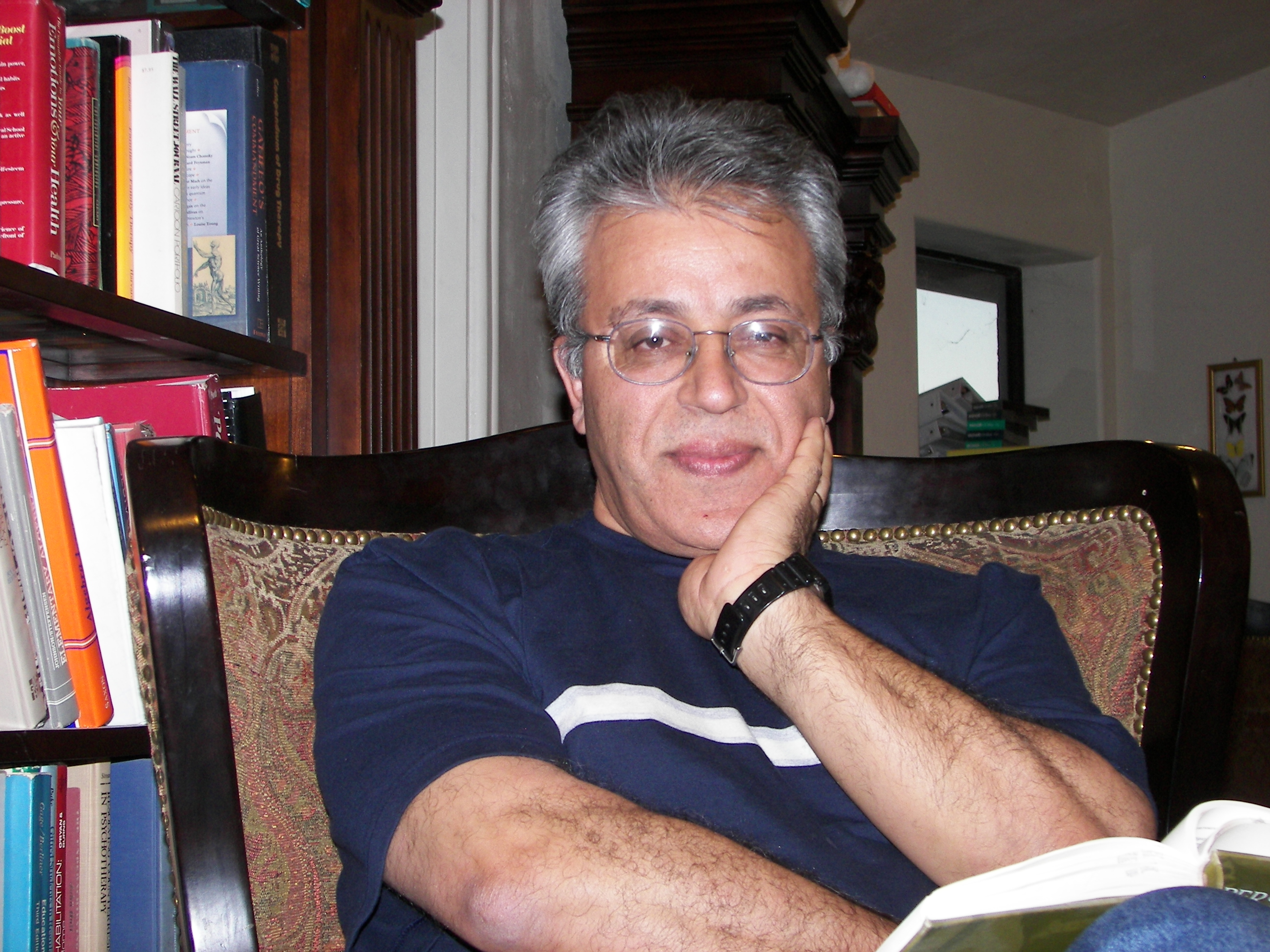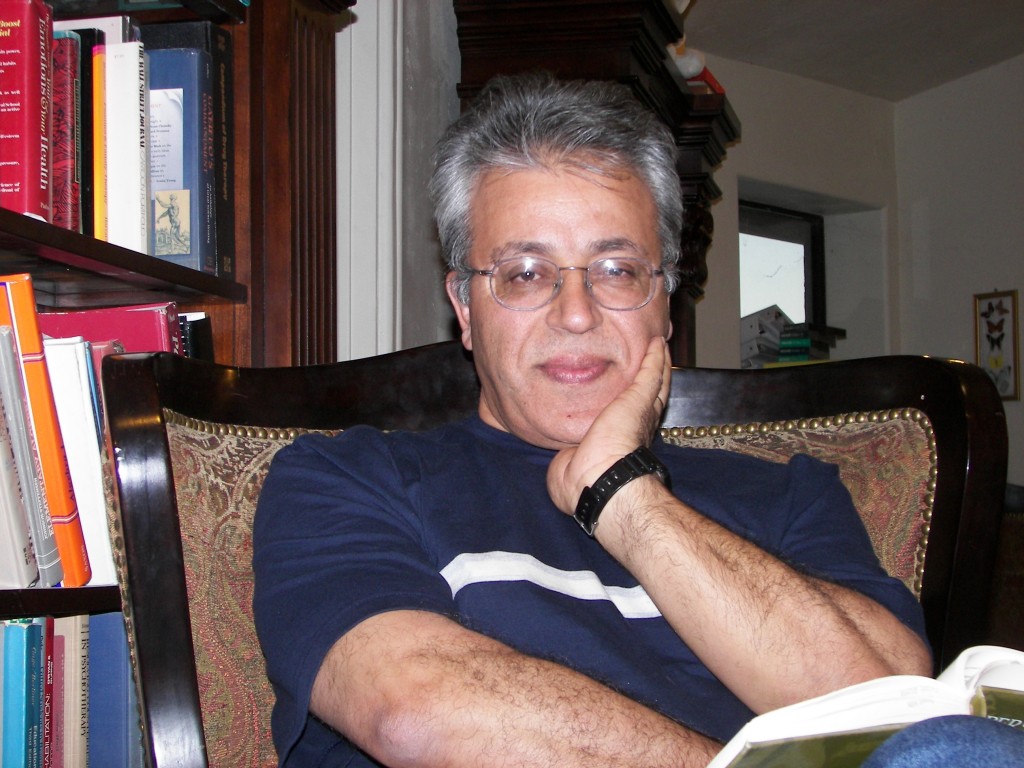
Why Study Philosophy, Love of Wisdom?
Edip Yuksel
The adventure of students of philosophy in the multi-dimensional intellectual maze has many surprises and seasons. In the start, you think that you know the maze very well. You know a lot, and you are sure that you will solve all the ethical, metaphysical and legal problems after your graduation. You may hope to find answers for your questions or to confirm your mostly inherited answers. Does God exist? Who created God? Is abortion murder? What is life? Does language shape our thoughts, or the other way around? What are the limits of our empirical scientific method? Golden rule or Brazen rule? Is my father right or my uncle? What about reincarnation? Should we kill the killers? Do animals have rights? Is Dr. Kevorkian an “angel” of death? If there is God, and if He/She/It is omnipotent and benevolent, then why does he allow evil? So on and so forth.
Soon you start hitting the walls of counter arguments. You first tend to ignore them. Then, if you have enough energy to continue in that intellectual maze you will learn that finding your way is not as simple as you thought. Initially, you will subscribe to one of those positions, the one which comes from your kindergarten years. Your inexperience in analytical arguments will enhance your zeal towards your inherited position. And you will miss many points of the counter arguments. Paradoxically, this becomes both the consequence and the reason of your zeal.
With time you will learn to understand the arguments better. That is the beginning of the trouble. If you are raised as a believer of something you may experience some fear and helplessness in the darkness of the second stage. The density of fear is proportional to the salience of your family values and the degree of your relation with your close family members, and society.
Then, if you don’t retreat and keep continuing you will be given hope by every alley you enter and get disappointed in the end. Every alley will appear as the straight path leading to the truth. But each alley will divide into many other alleys showing different directions. You get dizzy and disoriented. In that point you have four choices:
- You say “this is it” and become a “dogmatic” without calling yourself with that word;
- You give up and say “the truth is a mirage,” and go back join Pyrrho and Sextus;
- You continue with tenacity and say “there must be an exit” hoping that you have found micro patterns of the macro plan;
- You may say “……….” and do “……….” (Now I am experienced enough not to discredit my statements by limiting the options).
If you have enough passion, patience, and courage to continue in the maze, you will stumble over many new questions: Is genetic engineering good? What is happiness? Kant or Mill? Deontological or Utilitarian ethics? Descartes or Berkeley? Positivism or Relativism or Falsification or none of them? Does the Perfect Island exist only in the “ontological” mind of St. Anselm? What is the medium between mind and matter? Parallelism or Occasionalism or Epiphenomenalism? Should Socrates drink the poison? Can we invalidate induction with deduction? Spatial Congenuity or Constant Conjunction? What if Nietzsche is right? More and more questions… You are blazed by the abundance of jargon and intricate statements employed in lengthy arguments.
In the end, if you are lucky, you will become a “philosopher.” Then you are supposed to know how to construct coherent arguments and counter-arguments. Whether your arguments are conventional or bizarre they all will share one common quality: they are ingenious in their construction and masterpiece in exposing other’s flaws and hiding theirs. Nevertheless, philosophy is the closest candidate to be a panacea for our social problems: It can produce fruits of tolerance, mutual understanding, and respect among the members of society.
After this warm up statements, let me list some of the reasons why I enjoy philosophy. Each starts with a “Because”:
- I get Epicurean pleasure from philosophical inquiry and arguments.
- I cannot agree more with Socrates that the “unexamined life is not worth living.”
- I marvel the Cartesian surprise of arriving to the chilling point of certainty by starting from the boiling point of extreme scepticism.
- I have the revolutionary spirit of Nietzsche against self-righteous morality-monger clergymen.
- I think that I have more and better reasons to believe in the existence of God than St. Anselm had.
- I believe that philosophy is the most effective medicine for blinkered fanaticism and its disastrous consequences.
I bet, you have also many reasons to study and enjoy philosophy.


